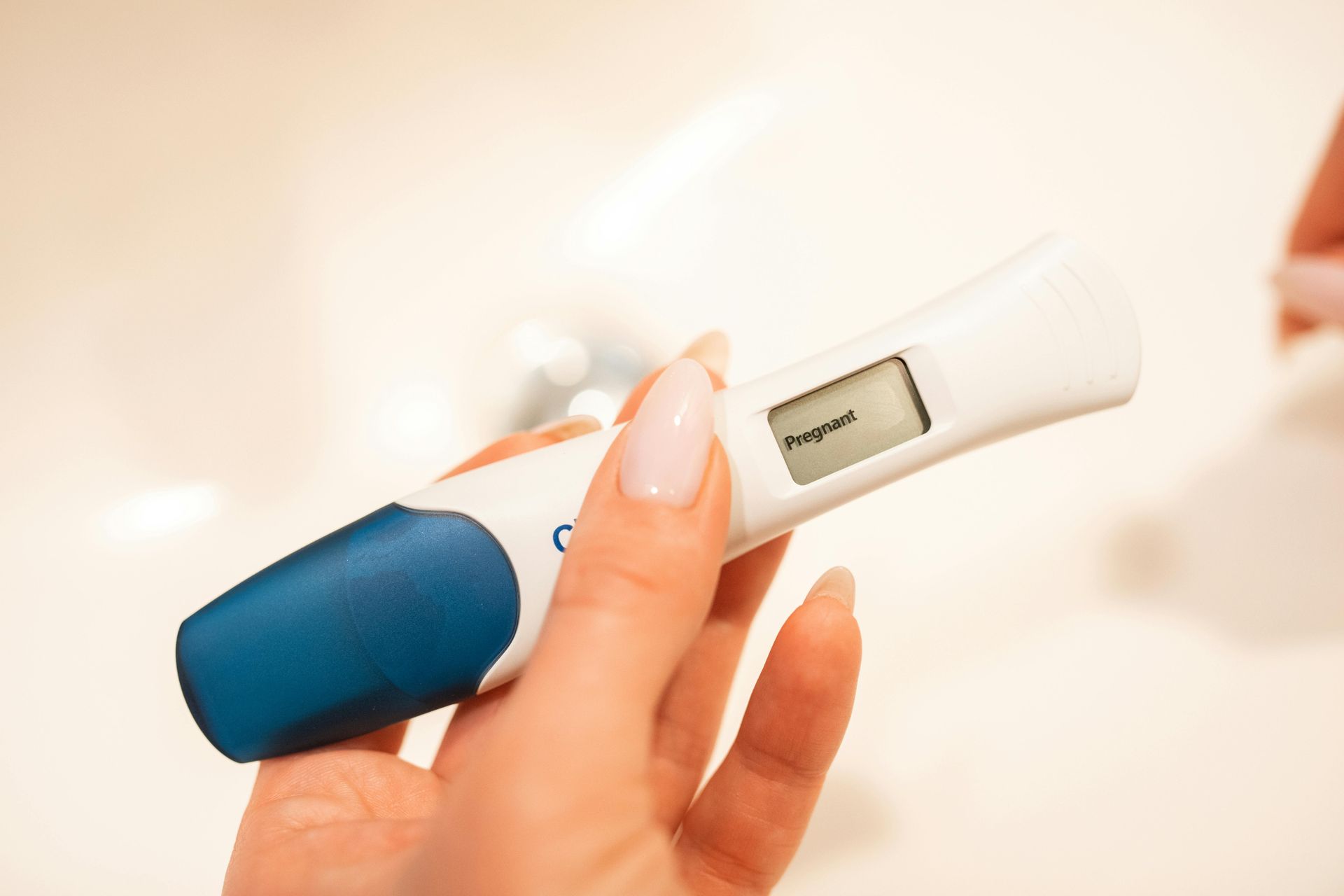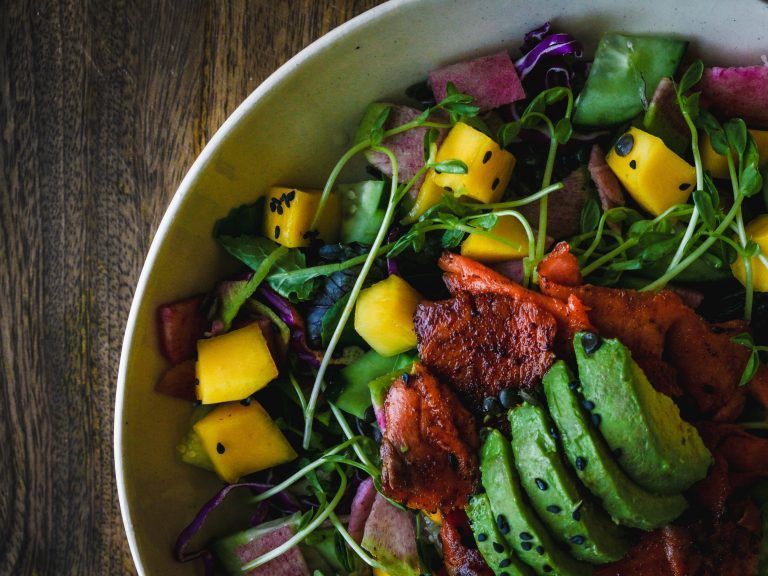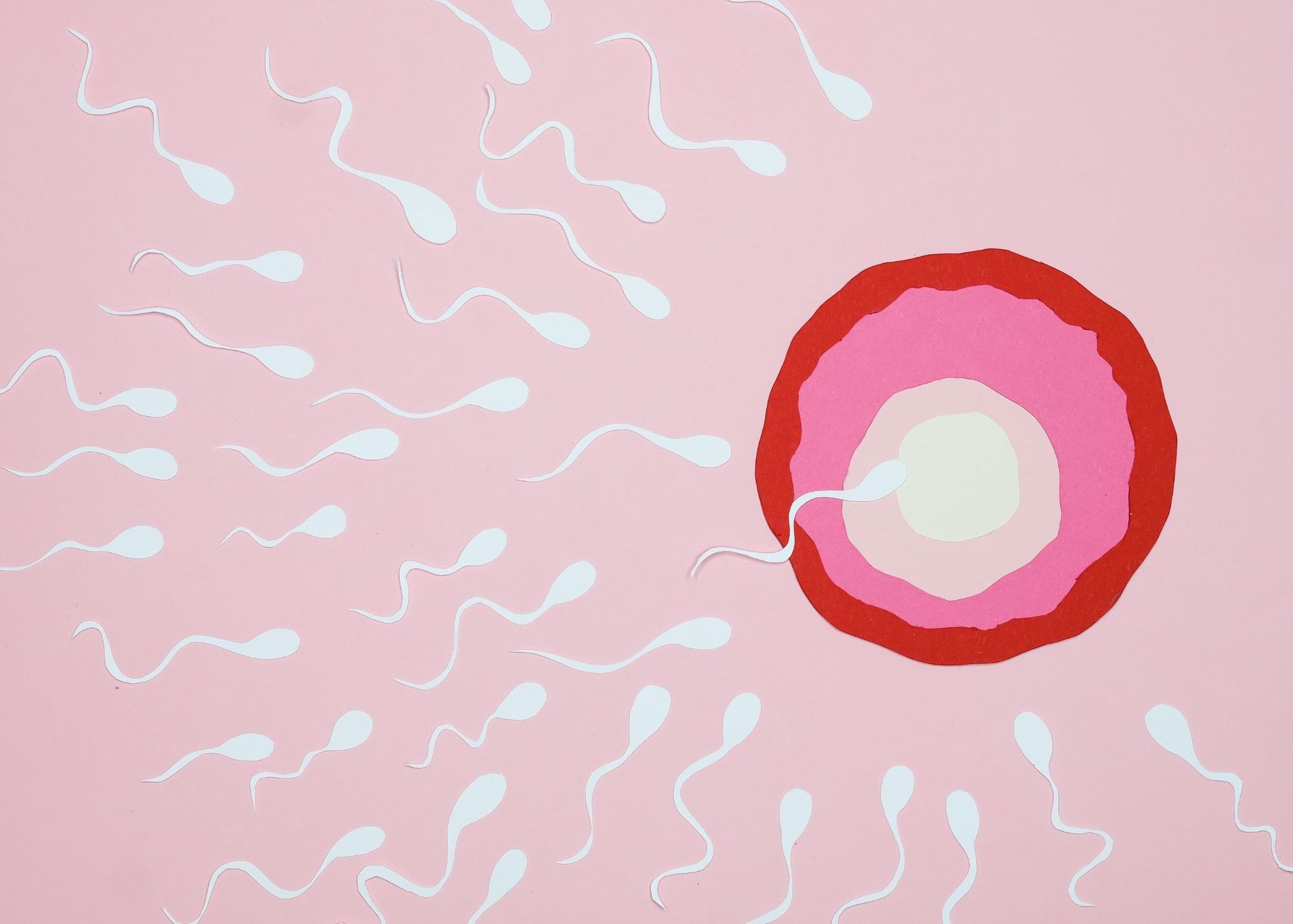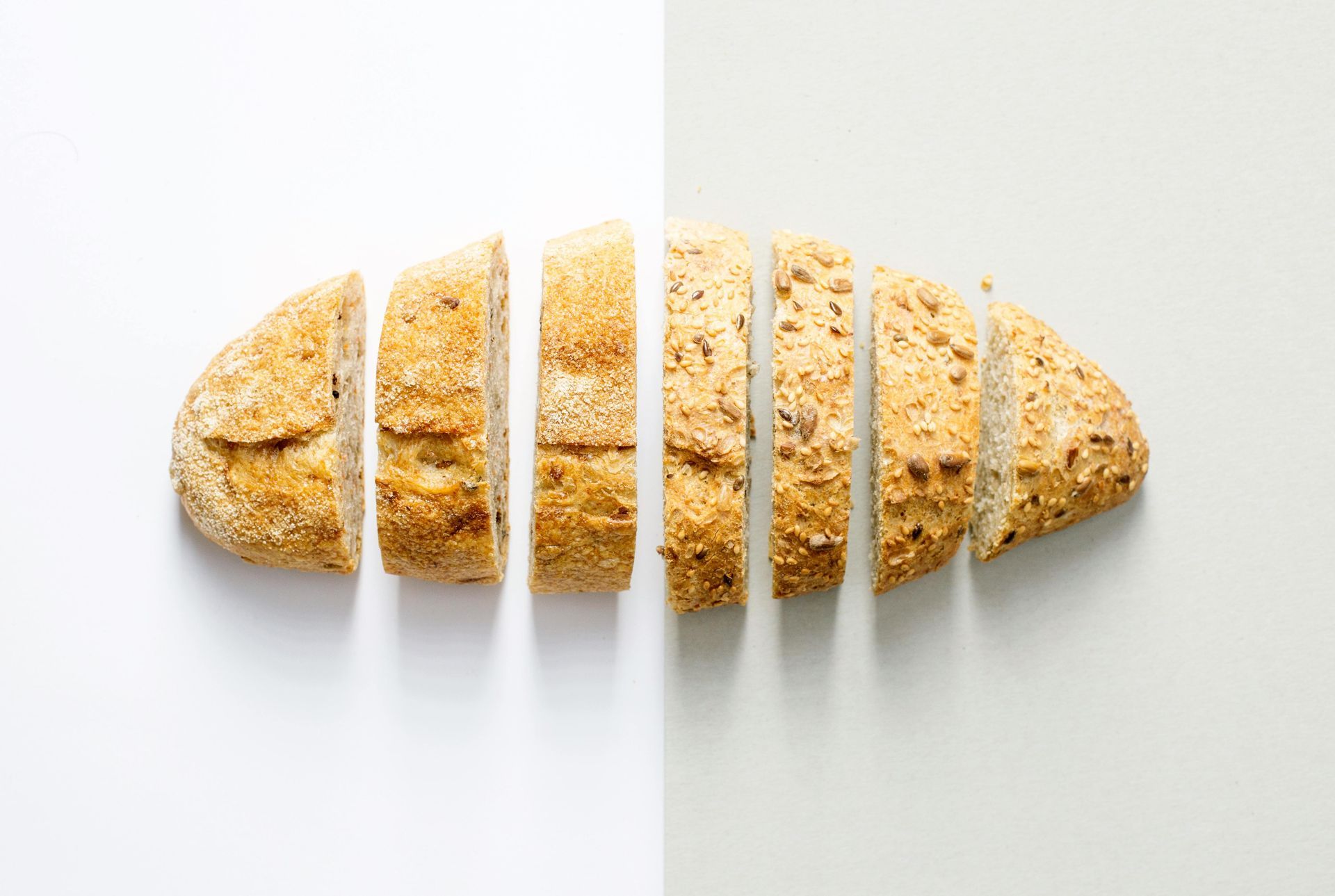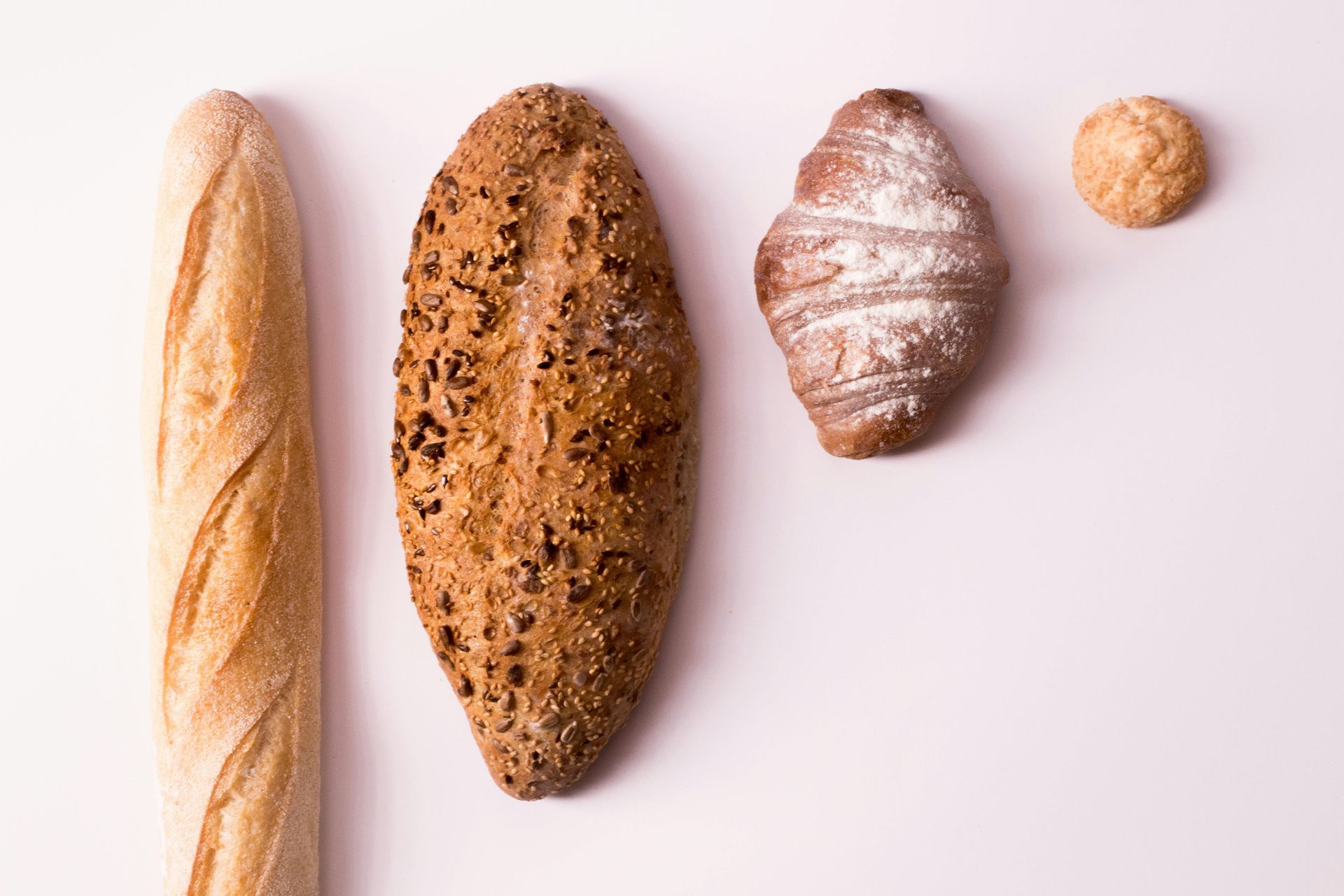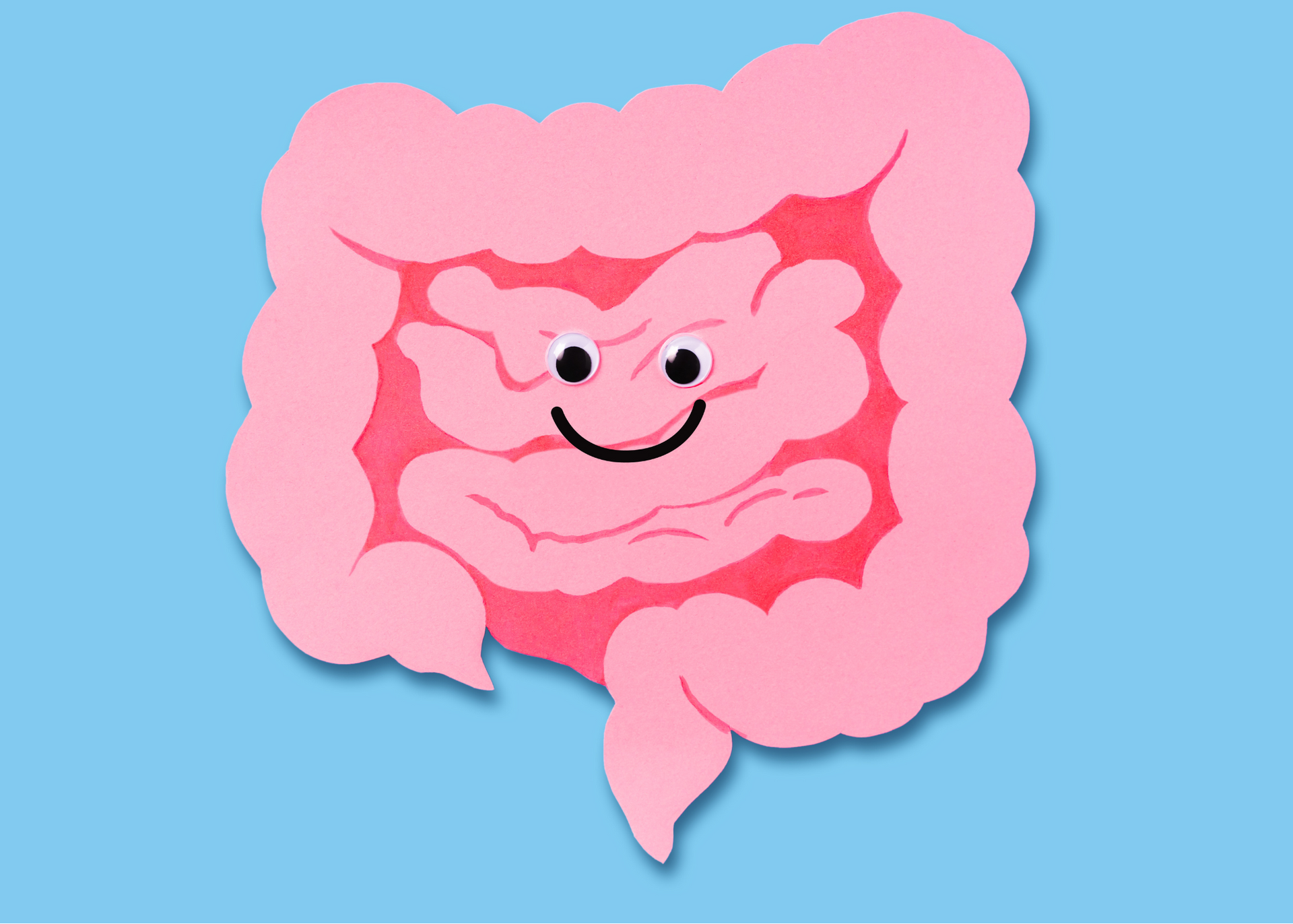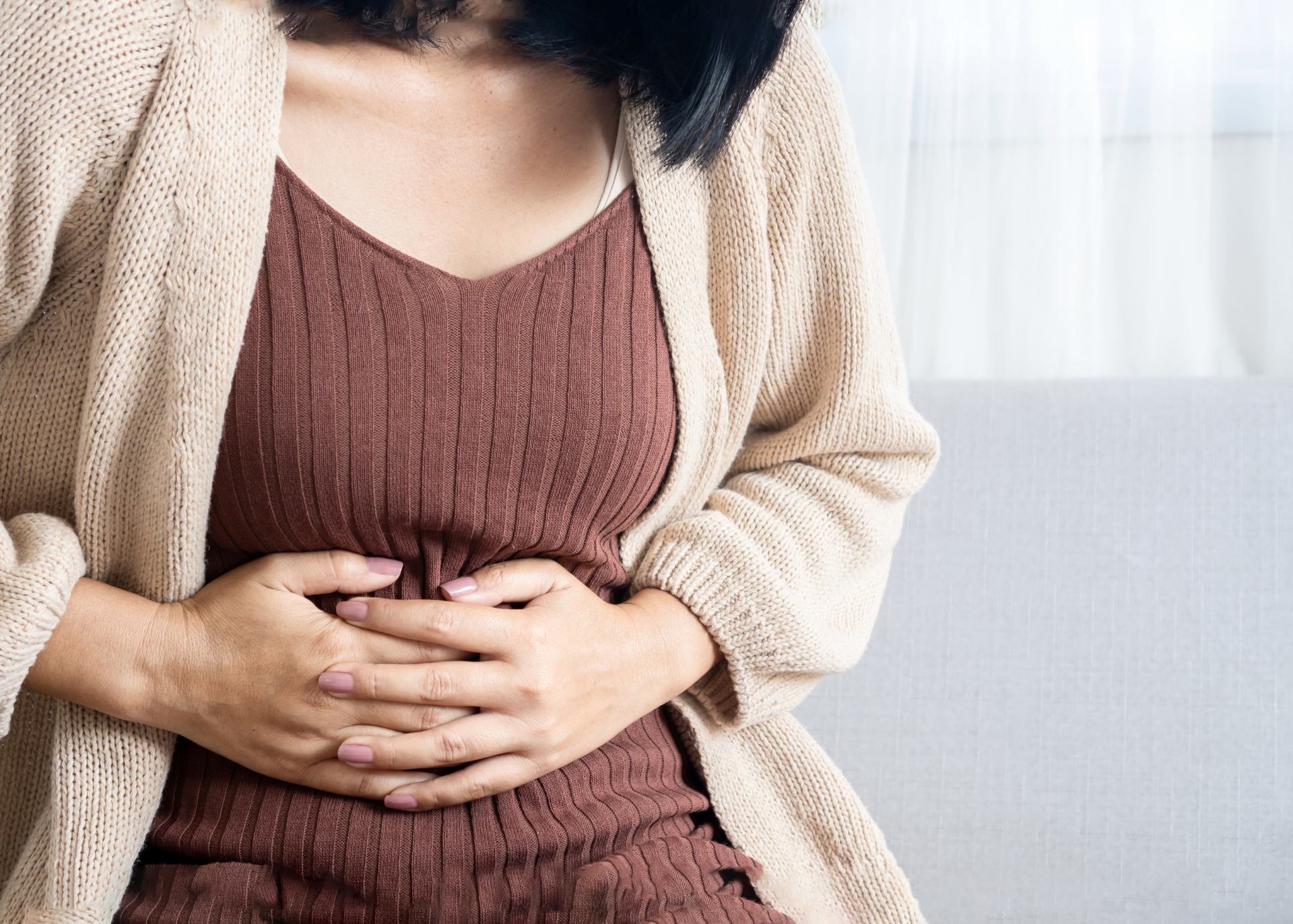Does Seed Cycling Actually Work?
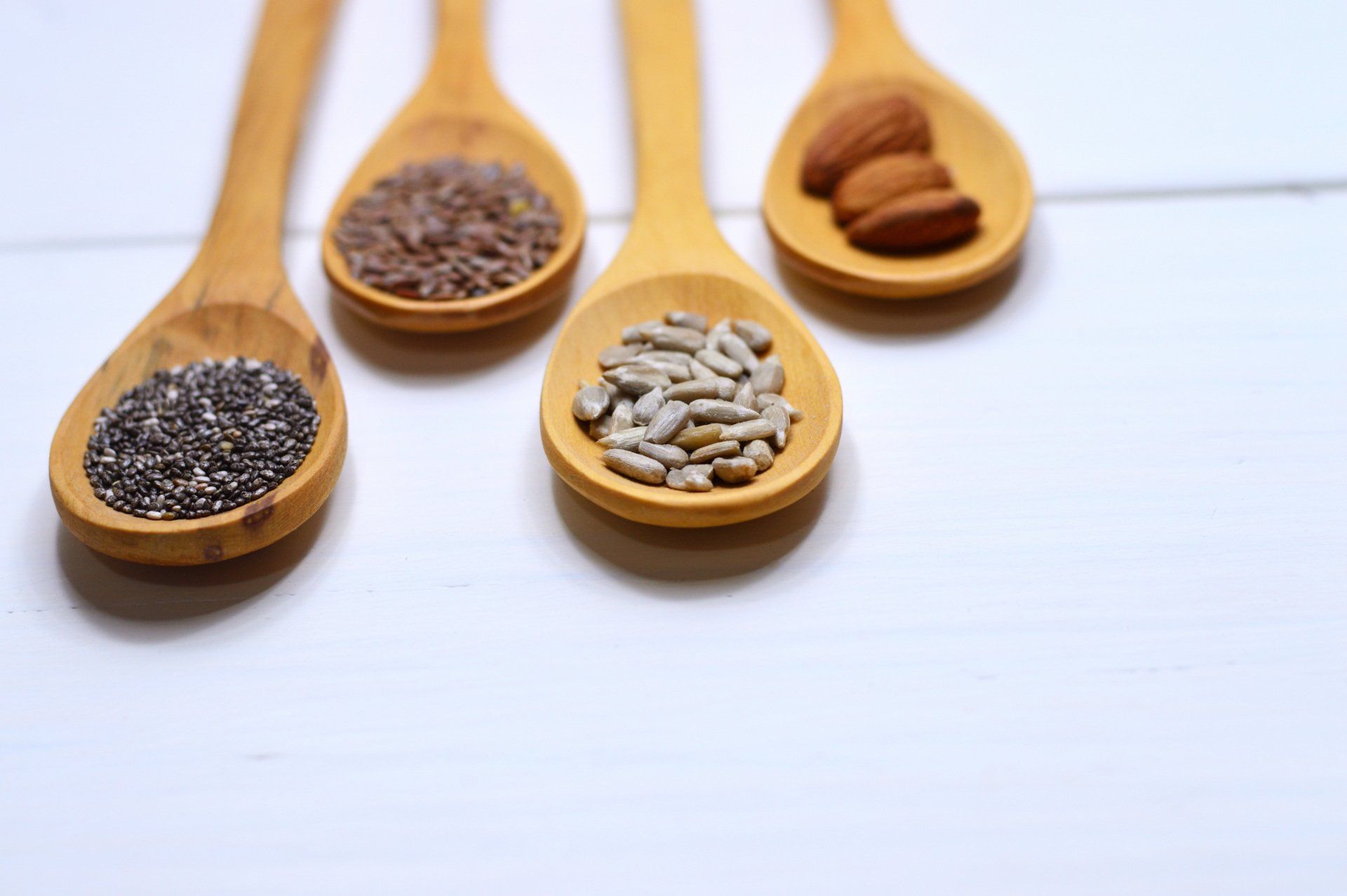
Imagine wandering into the world of natural remedies, and stumbling upon a concept that promises hormone balance with just a few small spoonfuls of seeds a day.
Enter seed cycling.
Quick fixes like this are appealing, but what does the research really say?
In this article, we will discuss:
- What is seed cycling?
- What a healthy menstrual cycle is
- What are the claims behind seed cycling?
- What does the research say?
- What are women saying?
- Is there any harm to seed cycling?
- Nutritional benefits of seeds
- Practical tips for adding more seeds to your diet
- Additional hormone balancing tips
- Where to go from here!
What is Seed Cycling?
Seed cycling is the practice of eating certain seeds during certain phases of your cycle.
In a healthy menstrual cycle, progesterone and estrogen fluctuate in a predictable way.
In theory, seeds provide nutrients the body needs to keep those hormones in check.
The practice requires eating one to two tablespoons of both pumpkin and flax seeds daily during the first half of the cycle, followed by a switch to sunflower and sesame seeds during the second half of the cycle.
Who Invented Seed Cycling?
It's unclear exactly who invented the concept of seed cycling. I saw online rumors it has origins in Chinese Medicine, but I had trouble finding any specifics and I also couldn't find any promising evidence to back up those claims.
Lindsey Jesswein, a naturopathic doctor from British Columbia, seems to be responsible for it gaining popularity in 2012. Since then, it has continued to gain popularity.
I've seen seed cycling promoted online by health coaches, nutritionists, trainers, influencers, even some doctors.
But just because a lot of people promote a health trend doesn't make it true, doctors included.
Doctors used to recommend low-fat diets (and some still do).
Doctors recommended smoking for over 20 years.
Doctors even recommended heroin as a "safe and non-addictive" medication for sore throats, coughs, and colds!
So is seed cycling true or not? And is it safe?
Keep reading - I cover it all!
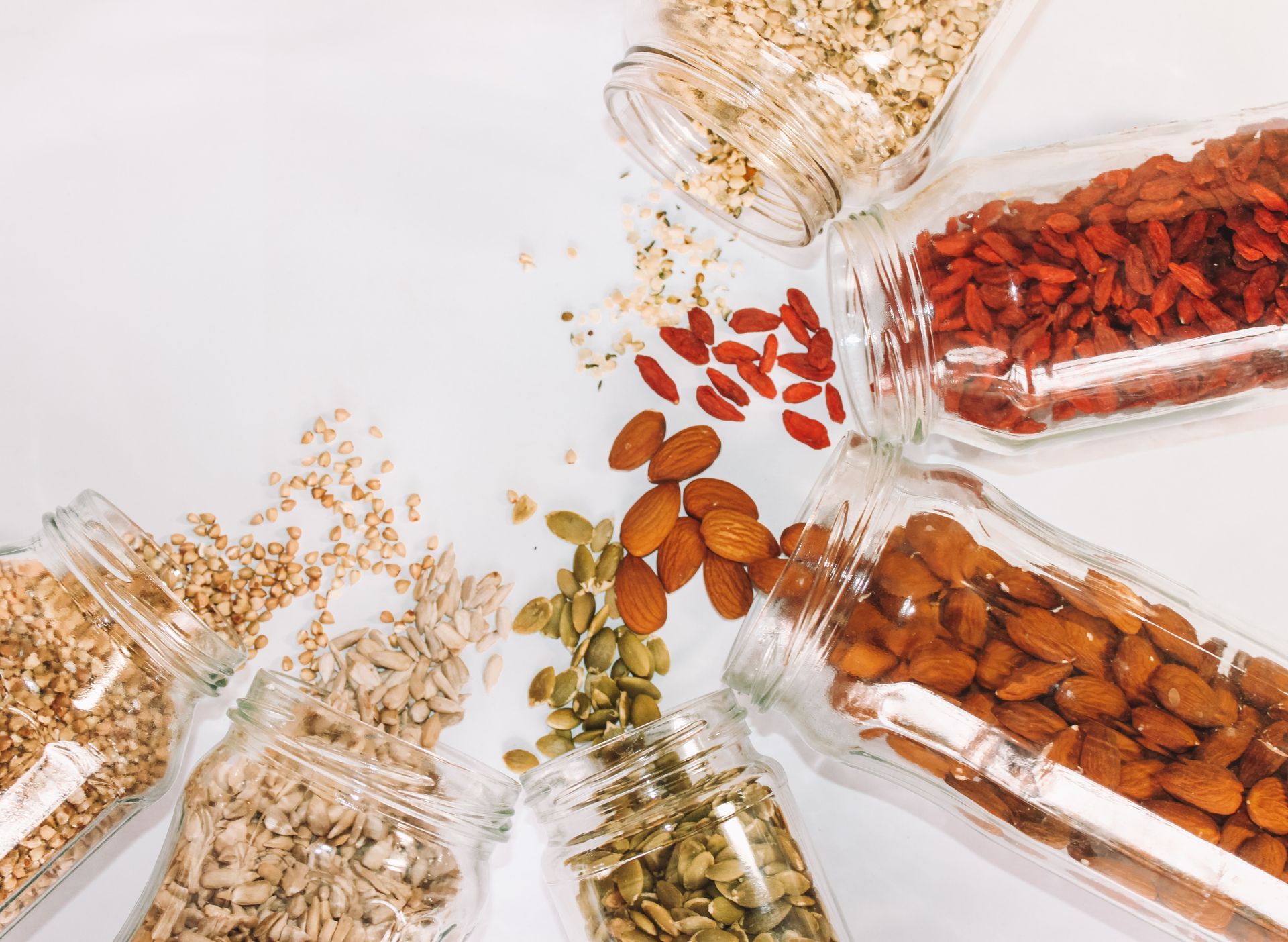
The Menstrual Cycle Explained
Because seed cycling revolves around the phases of the menstrual cycle, it’s important to understand what healthy menstrual cycle phases look like.
The menstrual cycle is the monthly series of changes that a female body experiences in order to prepare for pregnancy.
There are two main phases of the menstrual cycle, the follicular phase and the luteal phase.
The first half of the menstrual cycle is called the follicular phase. It starts on the first day of your period and lasts until ovulation.
The second phase is called the luteal phase and lasts from ovulation until the first day of your next period.
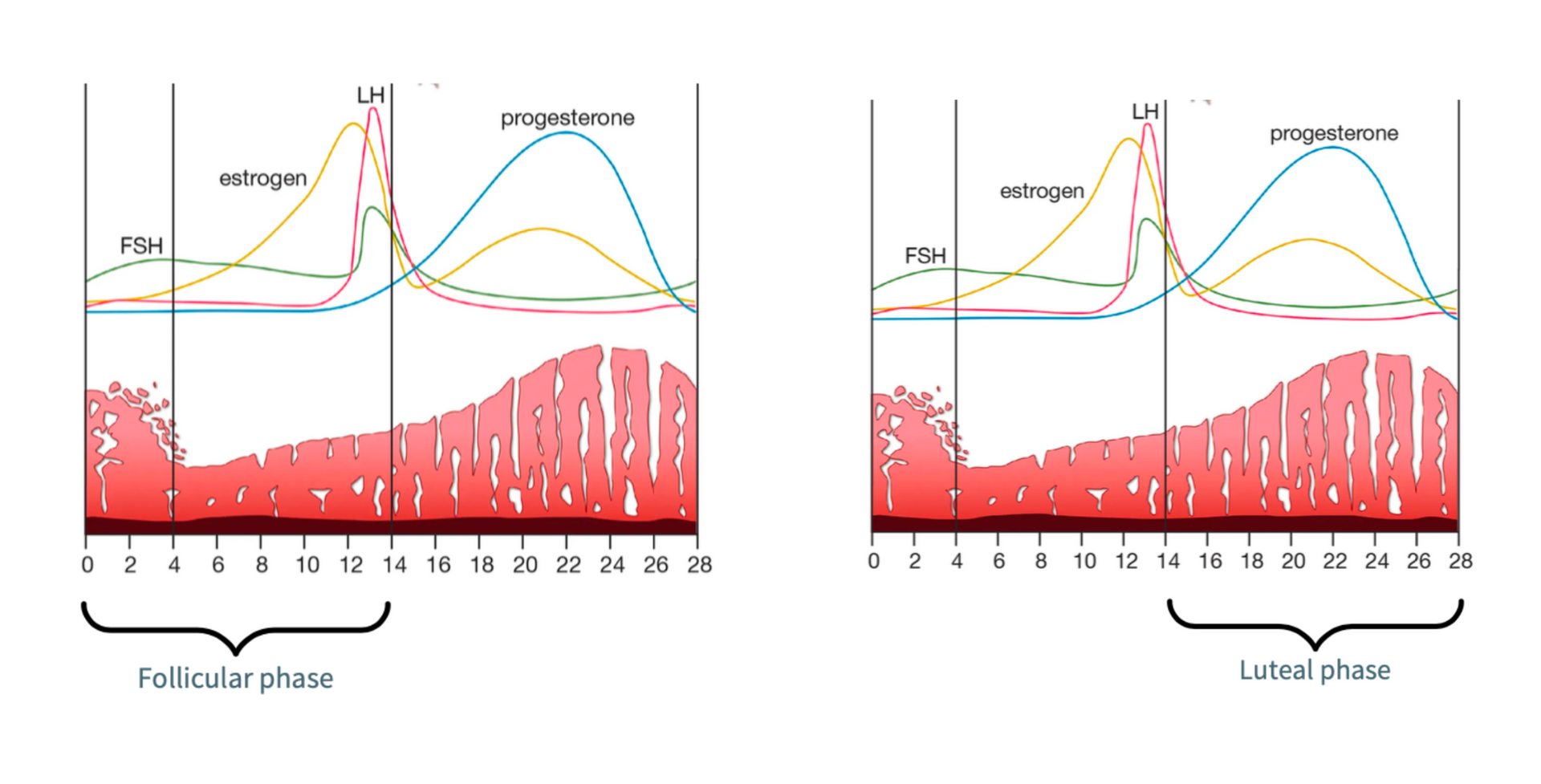
What is a Normal Menstrual Cycle?
In a normal, healthy menstrual cycle the follicular phase typically lasts 14 to 21 days, and the luteal phase typically lasts about 14 days.
When hormones are balanced we see
- Early follicular phase: an increase in estrogen while progesterone levels remain low
- Late follicular phase to ovulation: a drop in estrogen
- Early luteal phase: a big increase in progesterone and a second (but much smaller) increase in estrogen
- Late luteal phase: decrease in both estrogen and progesterone which triggers your next period
When we make the wrong amounts of estrogen or progesterone it can lead to uncomfortable symptoms like bloating, acne, painful periods/cramps, mood swings and irregular periods.
Is Seed Cycling Backed by Science?
Seed cycling enthusiasts claim that eating certain seeds at certain parts of your cycle gives your body the nutrients it needs to balance estrogen and progesterone.
I've seen claims seed cycling works miracles for fertility, acne, PMS, menopause, endometriosis, PCOS, and more.
Even Lindsey Jesswein, the naturopath likely responsible for seed cycling's boom in popularity, doesn't have a single piece of research to back up seed cycling on her blog.
Although seeds are a rich source of
many nutrients, the science doesn’t fully support this claim.
Let’s break down the research on each of the seeds.
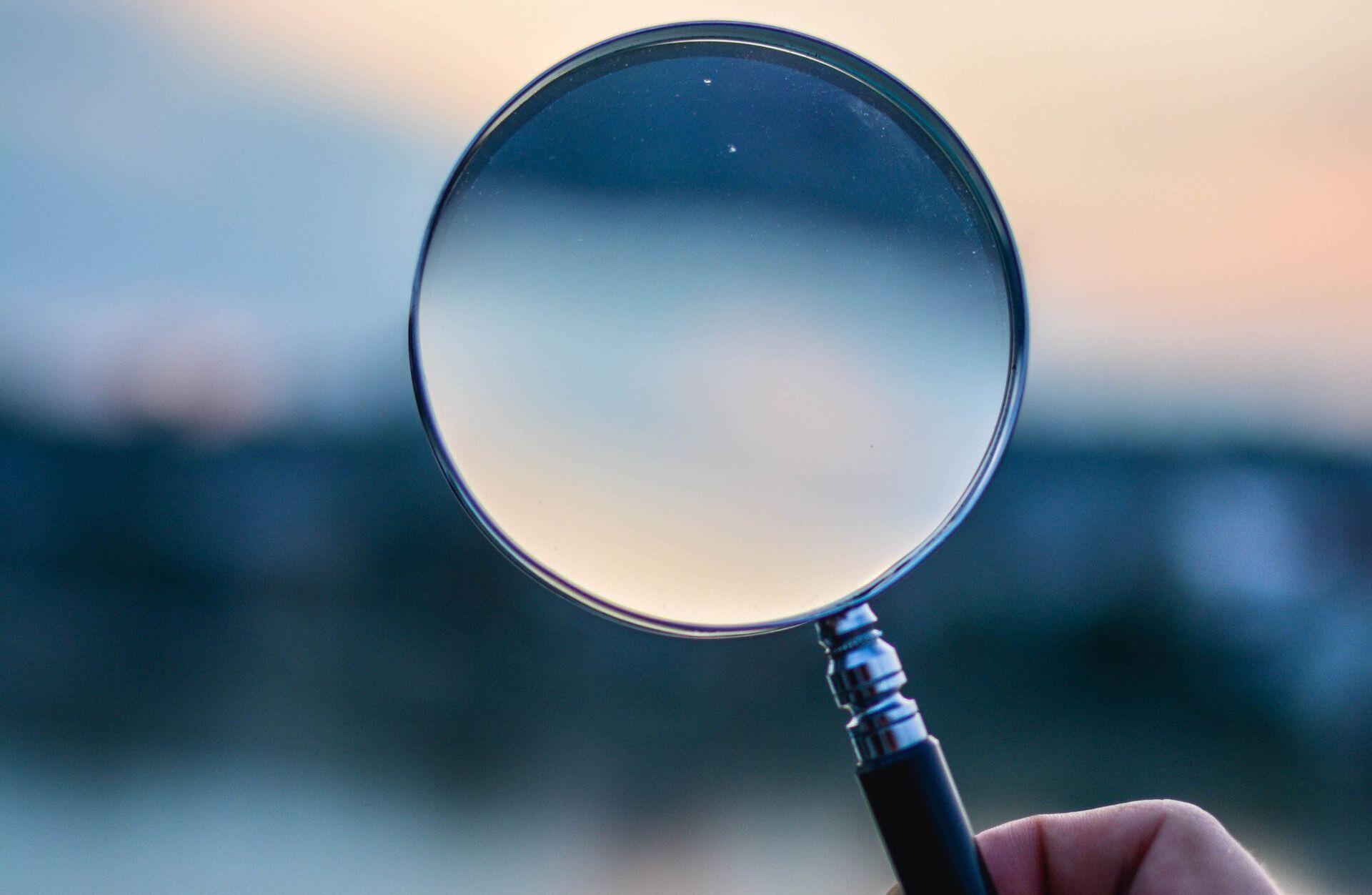
Flaxseeds and Hormones
Flaxseeds contain lignans, a compound that binds to excess estrogen and makes it easier for the body to eliminate it. One study showed that flaxseeds can help with estrogen dominance.
Another study showed that flaxseeds may decrease breast cancer risk, specifically in postmenopausal women. However, much of the research conducted on flaxseeds and breast cancer is done on animals, and more human trials are necessary to draw clear conclusions.
Summary:
Flaxseeds can improve hormone balance by reducing estrogen dominance and
might decrease breast cancer risk in postmenopausal women.
Pumpkin Seeds and Hormones
Pumpkin seeds are recommended because they contain zinc. The claim is that zinc supports progesterone production later in the cycle when it’s supposed to be increasing.
It’s true that pumpkin seeds contain zinc and in some lab (not human) studies zinc has been shown to increase progesterone binding.
We also know that zinc deficiencies are connected to blood sugar imbalance, PCOS, and painful periods.
The assumption has been made that eating more zinc will increase progesterone and decrease the symptoms associated with zinc deficiency.
However, when we look at actual zinc supplementation studies, zinc doesn’t boost progesterone or estrogen levels in any meaningful way.
More importantly, pumpkin seeds aren’t even a great source of zinc.
More concentrated and bioavailable options of zinc include animal products like meat, fish, eggs and dairy. If the goal is to boost zinc status to regulate hormones, you’re better off choosing foods that are better sources of zinc.
Summary:
Zinc can support hormone balance, but we don’t have any current research to conclude that the zinc from pumpkin seeds impacts hormone balance. Plus, pumpkin seeds aren’t a great source of zinc.
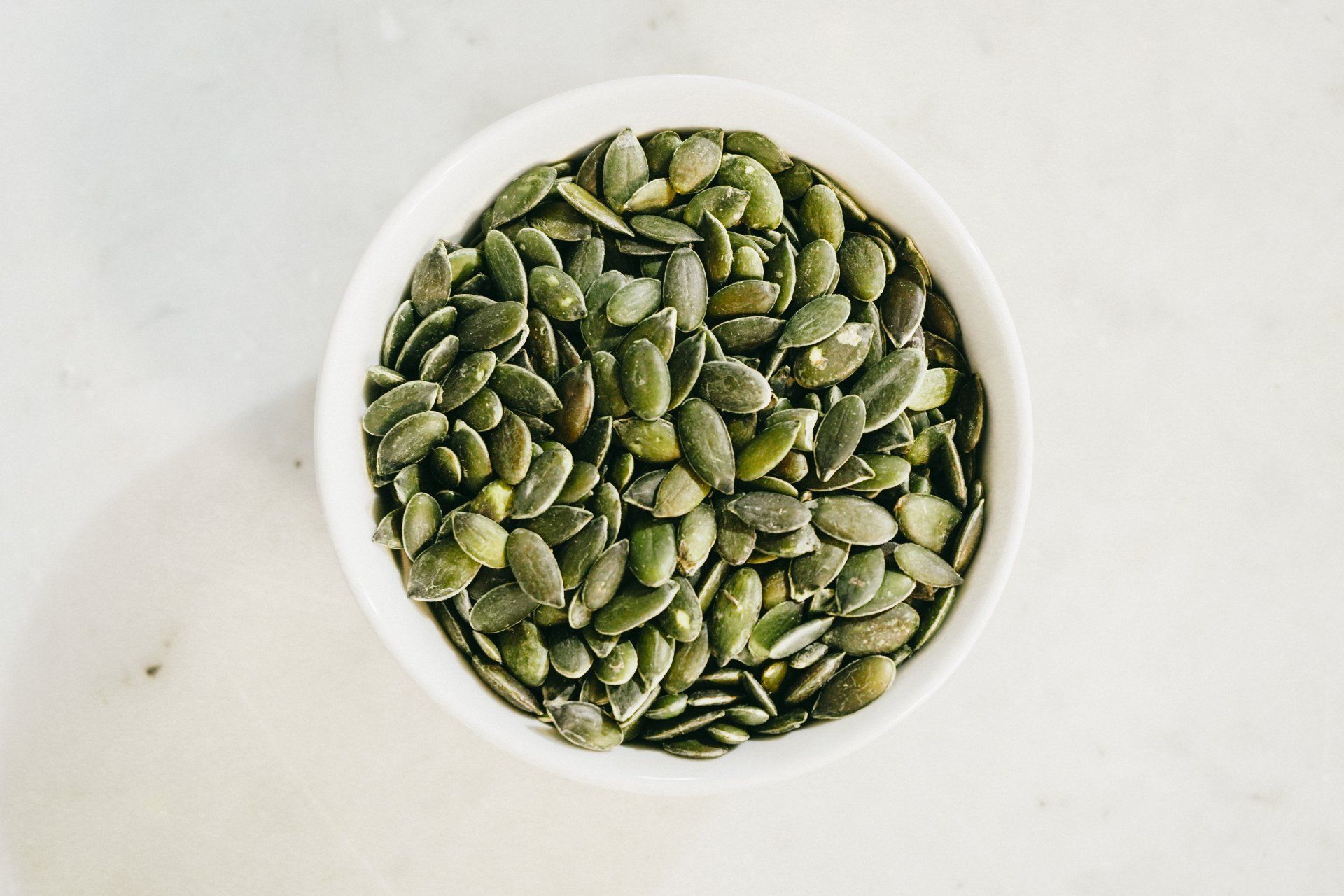
Sesame Seeds and Hormones
The claim behind sesame seeds is that they contain zinc, which helps with healthy progesterone levels.
Wait, sounds familiar doesn’t it?
Yup, seed cycling fanatics recommend pumpkin seeds for zinc in the first half of the cycle, and sesame seeds for zinc in the second half of the cycle.
Why can’t you just eat a mix of pumpkin and sesame seeds all cycle round since they contain the same mineral used for the same purpose?
Great question. I couldn’t find the answer.
There also aren’t any studies showing how sesame seeds change our hormones.
Summary:
There’s no evidence that sesame seeds help with hormone balance, and the rationale commonly used doesn’t make a lot of sense.
Sunflower Seeds and Hormones
Sunflower seeds are encouraged during the luteal phase because they contain vitamin E.
The claim is that vitamin E boosts progesterone which supports hormone balance, but there aren’t any research studies on how sunflower seeds affect hormones.
Studies on vitamin E (from any source, not just sunflower seeds) and hormones show no effect.
One study did find a minor improvement in hormone stability using a supplement blend containing vitamin E.
The supplement contains a lot of different vitamins and minerals, so it’s impossible to determine the impact of vitamin E on its own.
The vitamin E might have been helpful, but the other vitamins and minerals were probably just as helpful.
Summary:
There is no evidence supporting the use of sunflower seeds for hormone balance.
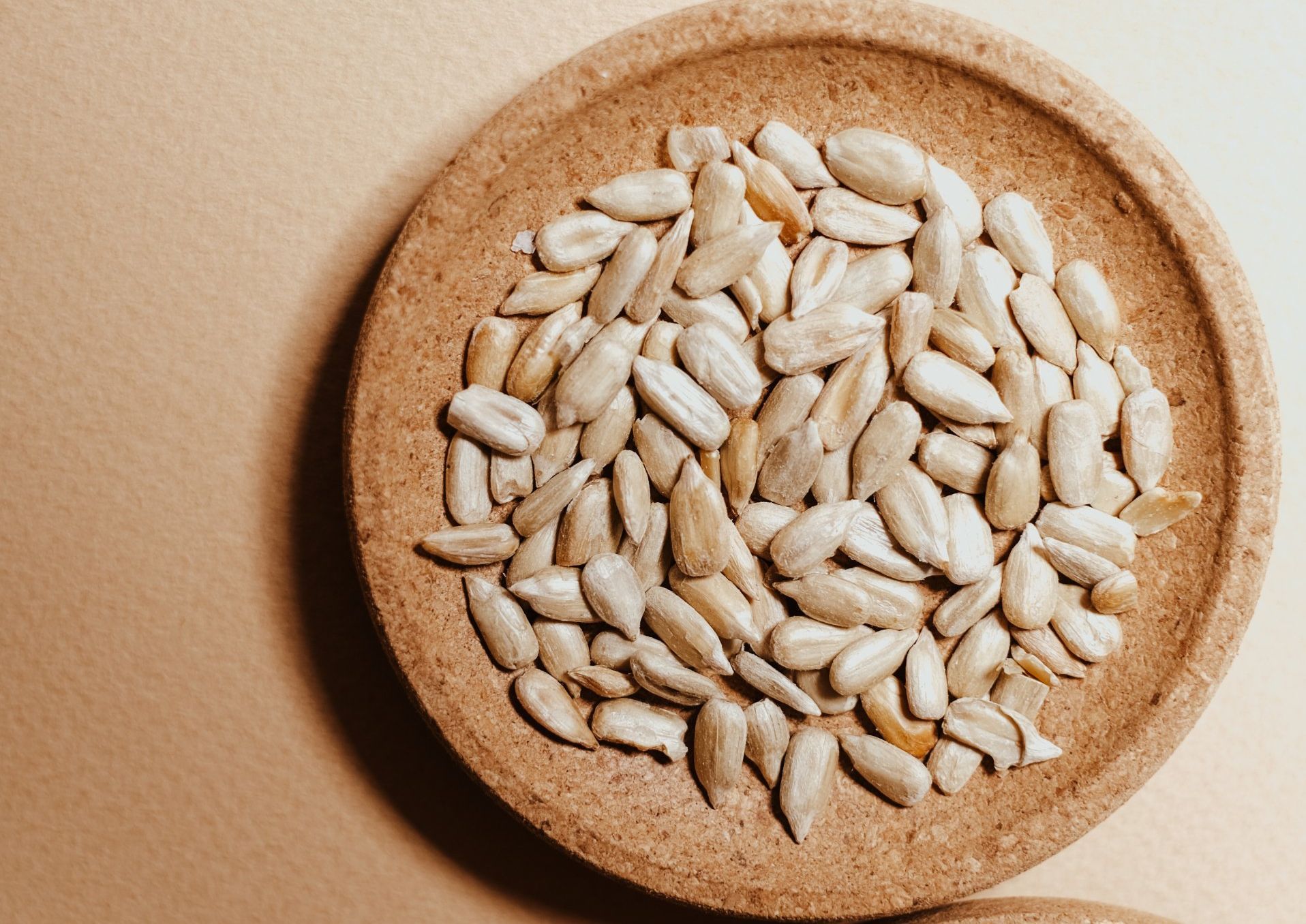
Does Seed Cycling Work?
Anecdotally, some women do notice an improvement in their skin, energy, periods, and other aspects of their hormonal health when incorporating seed cycling.
In no way do I want to minimize their experience. But, I do want to consider other factors that could be at play.
For example, seed cycling may encourage women to pay more attention to their cycle and make a concerted effort to prioritize their health.
It’s also important to remember seeds
do contain an impressive blend of vitamins, minerals, anti-inflammatory fats, and lignans which are great for hormones.
Not to mention, eating more seeds has the cumulative benefit of adding healthy fats and fiber to the diet.
For some women, this might be just what they need to get their hormones in check.
On the other hand, some women try seed cycling for months and don’t notice any benefits.
If it’s working for you, that’s awesome!
If it’s working but also feels like a hassle, read until the end to learn about an easier way to reap the benefits of seed cycling.
If seed cycling isn’t working for you, don’t be discouraged. There are many other, research-based ways you can improve your hormone health.

Is Seed Cycling Safe?
Although seed cycling isn’t a cure-all, there isn’t any harm to trying it out.
As long as you don’t have an allergy to seeds, seed cycling appears to be safe.
Seed Cycling: The Verdict
Nutritional Benefits of Seeds
Important nutrients that seeds contain include:
- Zinc - support the thyroid, blood sugars, and estrogen metabolism; great source of antioxidants
- Vitamin E - may alleviate PMS symptoms like painful cramps and breast tenderness, improves ovarian health, works in synergy with selenium for the thyroid
- Selenium - supports liver detoxification and supports thyroid function
- ALA Omega-3 Fats - an anti-inflammatory fat that can improve periods cramps, improve blood sugars, support brain health and mood, and regulate stress
- Lignans - fiber that helps with estrogen dominance, gut health, and blood sugar stability
Seed cycling has the added benefit of increasing variety in the diet which is supportive for a healthy gut, and a healthy gut is essential for hormone balance.
Should you Seed Cycle?
Seeds are tiny nutritional powerhouses and should be a part of your diet, but not necessarily at specific times of the month.
Instead of worrying about eating certain seeds at certain times in your cycle, focus on eating more seeds on a regular basis.
Eating more seeds is not a cure-all or the only thing you should do for your hormones, but the vitamins, minerals and fiber in seeds can contribute to a cumulative improvement in hormone health.
How to Incorporate More Seeds
A good goal for incorporating seeds into your diet is aiming for a spoonful of each seed every week.
If you’ve been tested at the right time of your cycle and know that you’re estrogen dominant, consider eating two tablespoons of ground flaxseed a day to help with estrogen excretion.
If you’re not sure if you’re estrogen dominant, get
tested!
Try some of these tips to add more seeds to your diet:
- Top meals (salads, rice bowls, pasta, etc.) with a sprinkle of seeds
- Enjoy fruit and sunflower seed butter for a snack
- Try my chia seed pudding for breakfast
- Stir chia, pumpkin or ground flax into yogurt or cottage cheese
- Add seeds or seed butter to oatmeal
- Smear sunflower butter on toast or rice cakes
- Make homemade seedy granola
- Use seeds in homemade pesto
- Add tahini to smoothies, hummus, and salad dressings
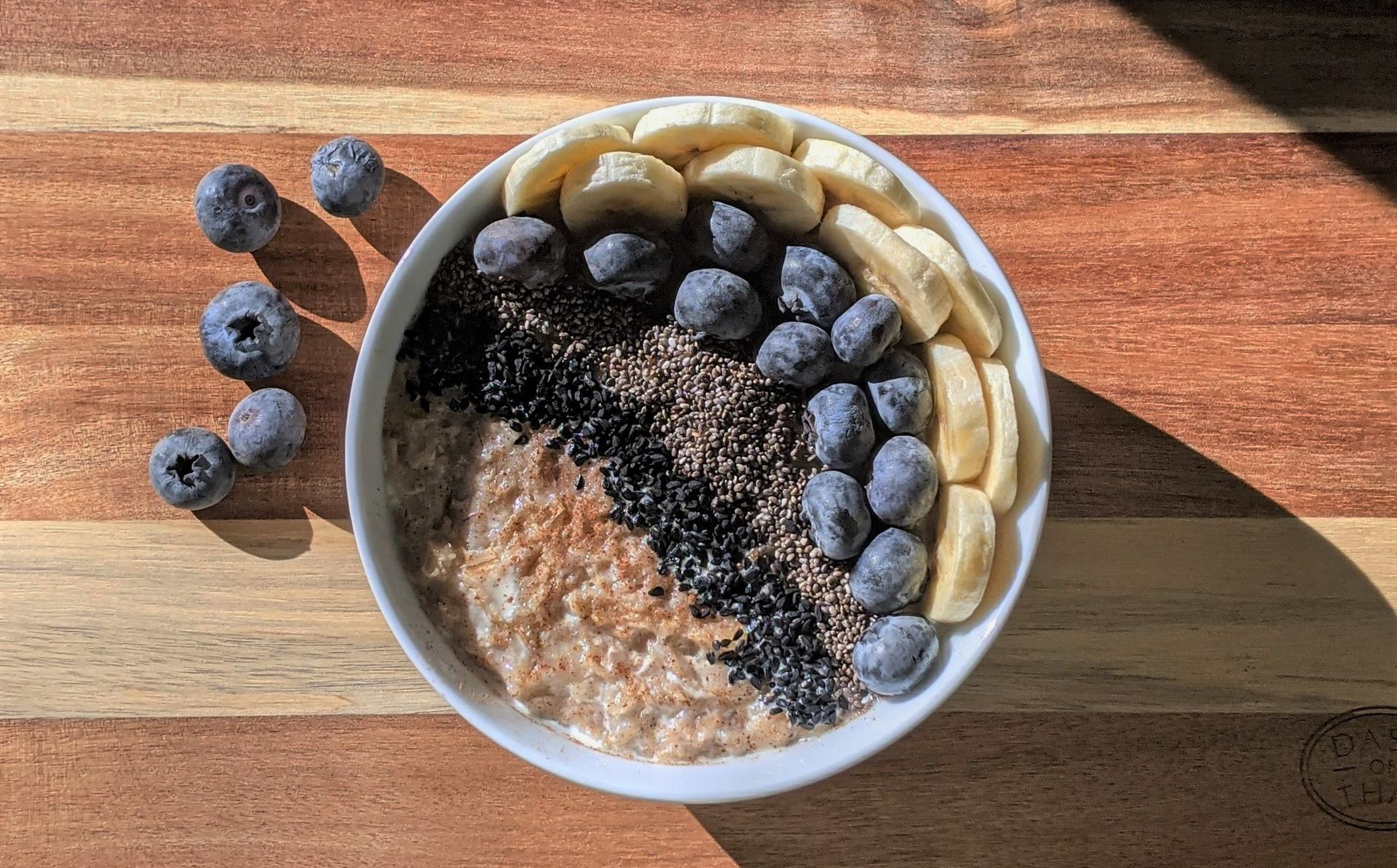
Other Helpful Seed Tips
- Seeds can be expensive and buying them in bulk can help cut down on cost. It also ensures that you’ll always have seeds around!
- Store seeds in the refrigerator or freezer if possible. This keeps them fresh and keeps their anti-inflammatory fats from oxidizing.
- Grinding the seeds, particularly flax and sesame, can make it easier for your body to digest and absorb their nutrients. A coffee grinder works, or you can throw them into foods that will be blended like smoothies and sauces.
Other Hormone Balancing Tips
Balancing hormones requires getting to the root cause of the imbalance, not simply applying bandaid solutions.
Eating more seeds is a tiny piece of the hormone balancing puzzle.
Paying attention to your diet, sleep, physical activity and stress levels are other essentials for happy hormones.
Additional hormone balancing tips:
- Adopting a hormone balancing diet is the single most impactful change you can make for your hormones. Food has a direct impact on hormone health and even small changes, like eating more healthy fats can have a huge effect.
- Sleep is an important component of maintaining healthy hormonal rhythms. Get serious about high quality sleep! Implement an evening routine that helps you wind down, put screens away an hour before bed, and sleep in a cool, dark room.
- Exercise is one of the best lifestyle habits women can leverage to support their hormone and metabolic health. Regular exercise reduces excess estrogen, improves PMS symptoms, and is particularly great for women with PCOS.
Stress seems to have a particularly harmful effect on female hormones and managing stress should be a pillar of every hormone balancing program. Stress relief can look different for everyone so it’s important to find what feels good for you!
Need More Hormone Balancing Support?
If you’re ready to prioritize your hormone health and need help sifting through all the information out there, check out my Restore Program.
This is my most popular program where I walk you through all the hormone-balancing essentials and weed out the trendy practices that aren’t rooted in science (i.e. seed cycling).
Plus, you get access to monthly Zoom calls with me, additional resources and handouts, and over 65 hormone-balancing recipes to get you well on your way to hormonal harmony.
Maybe you’re not sure if your hormones need help?
Take my free quiz to pinpoint imbalances in your hormones and receive personalized next steps based on your specific hormone imbalance type.
Continue Reading
